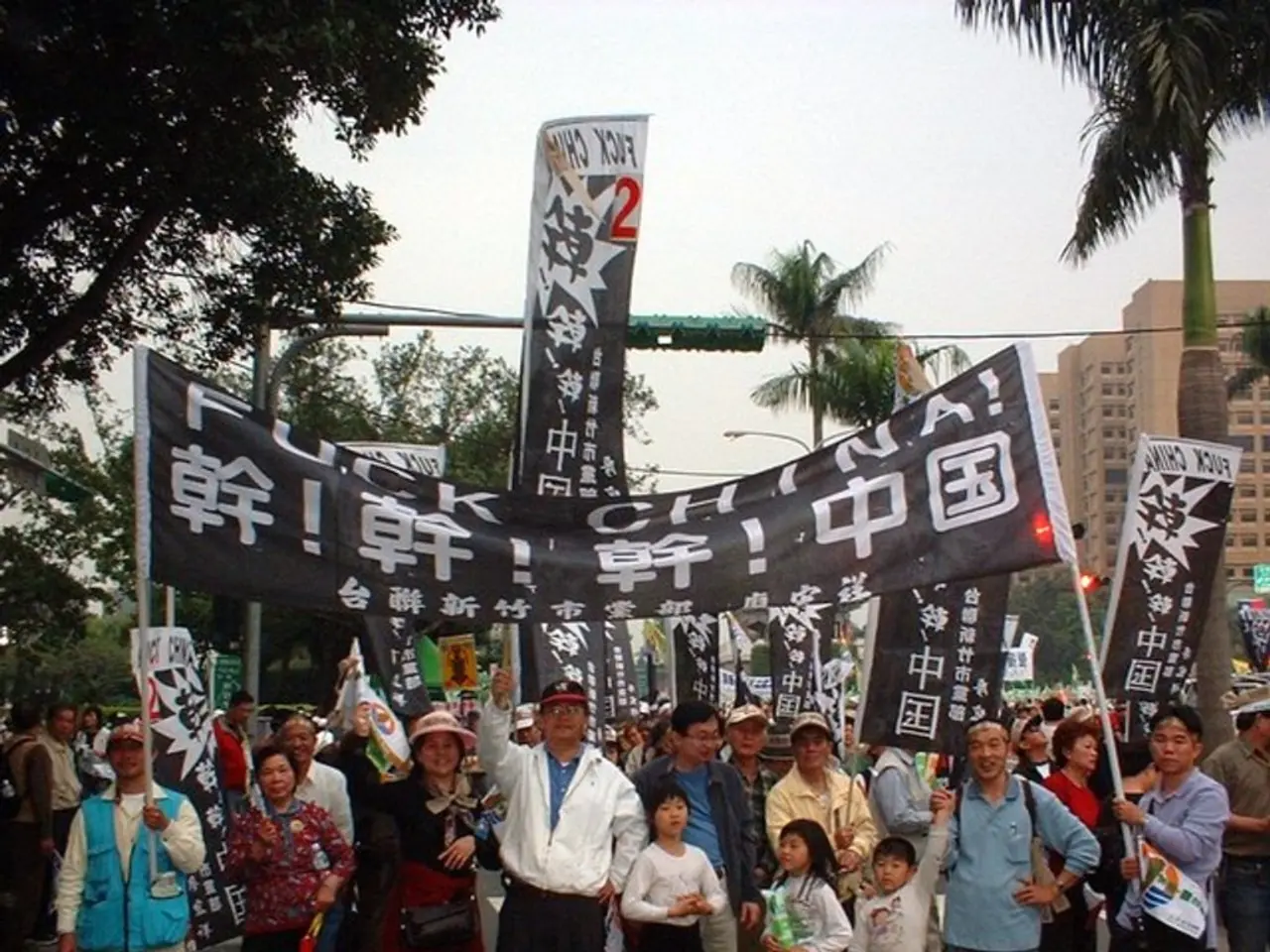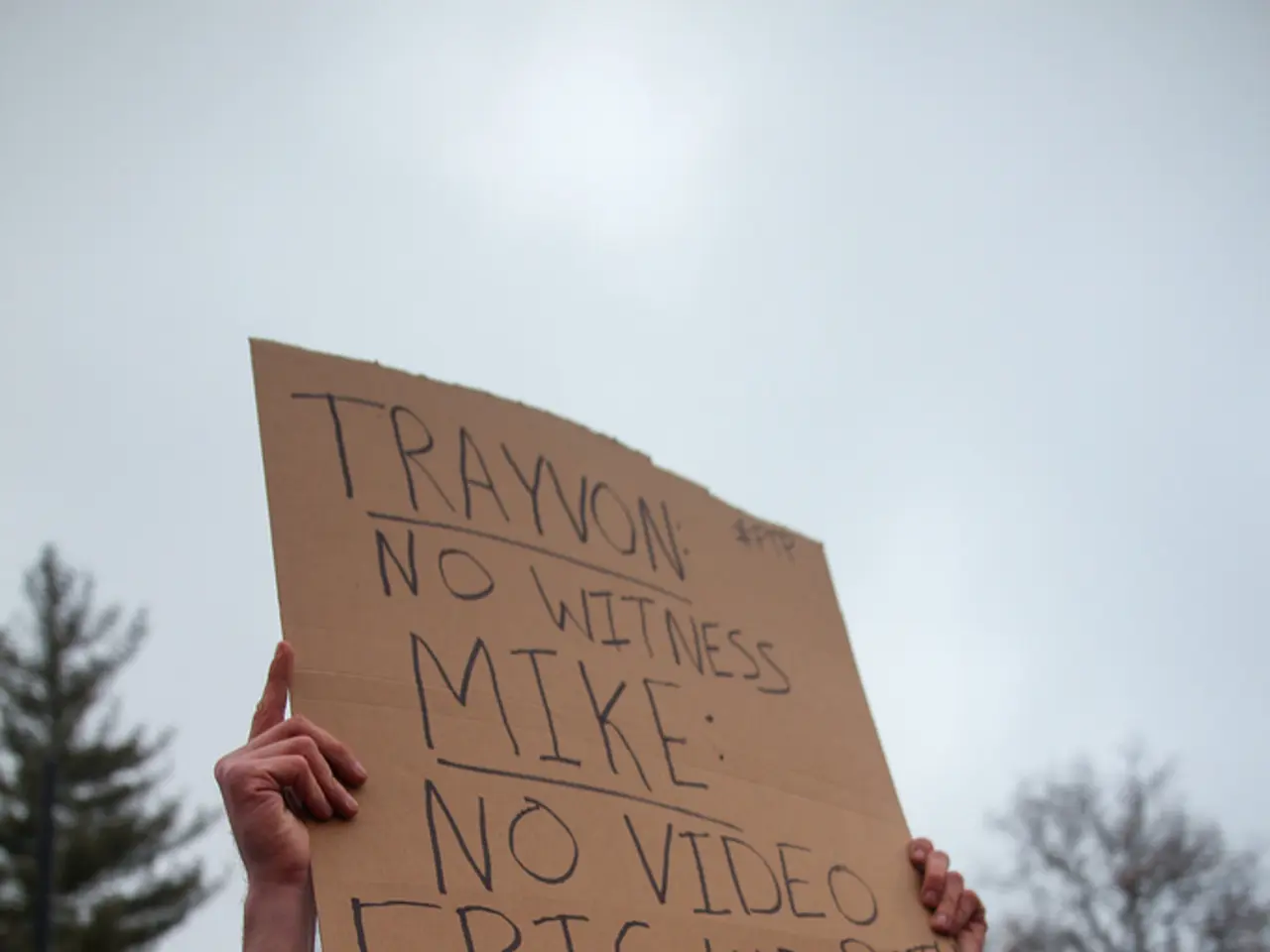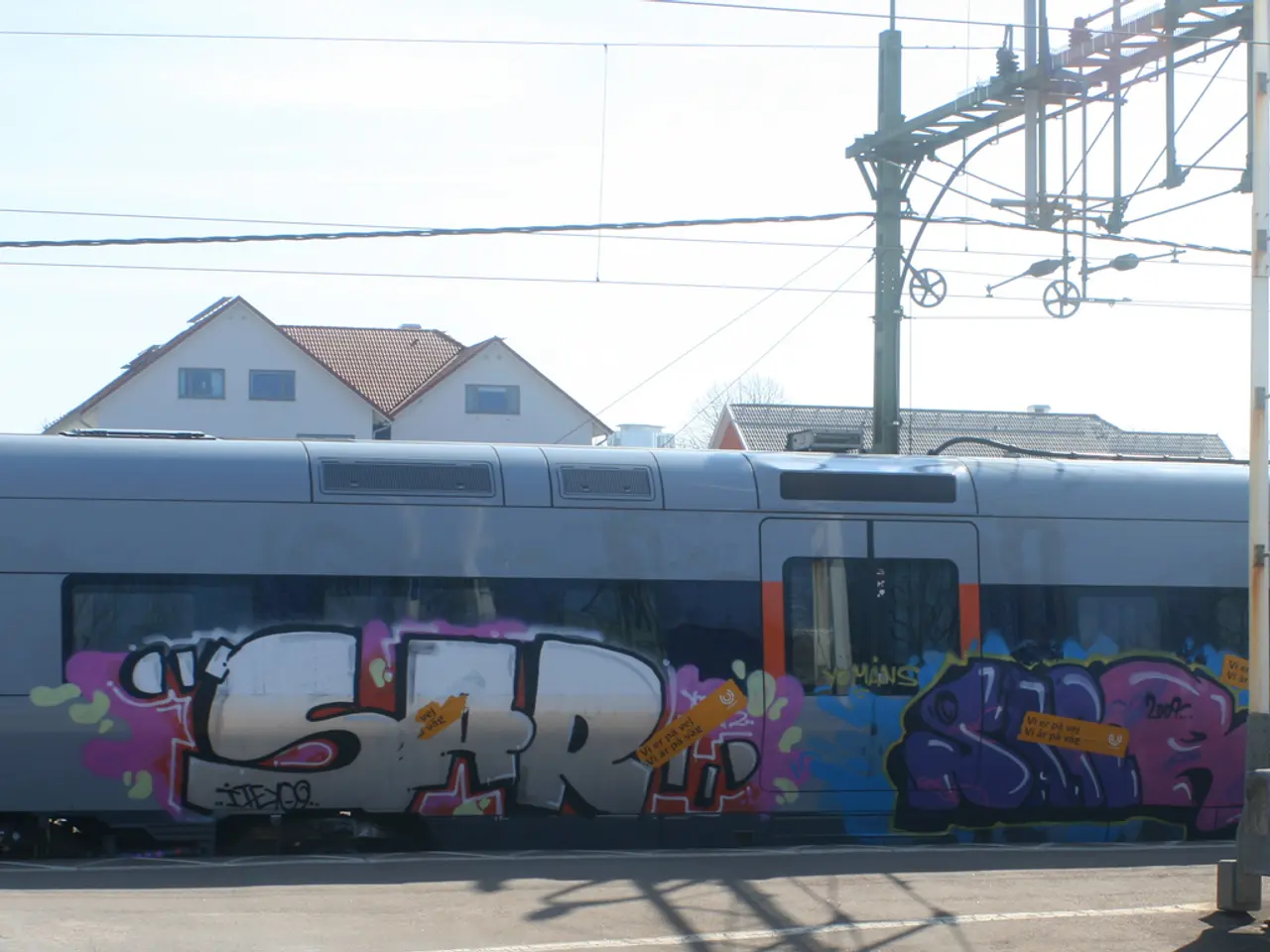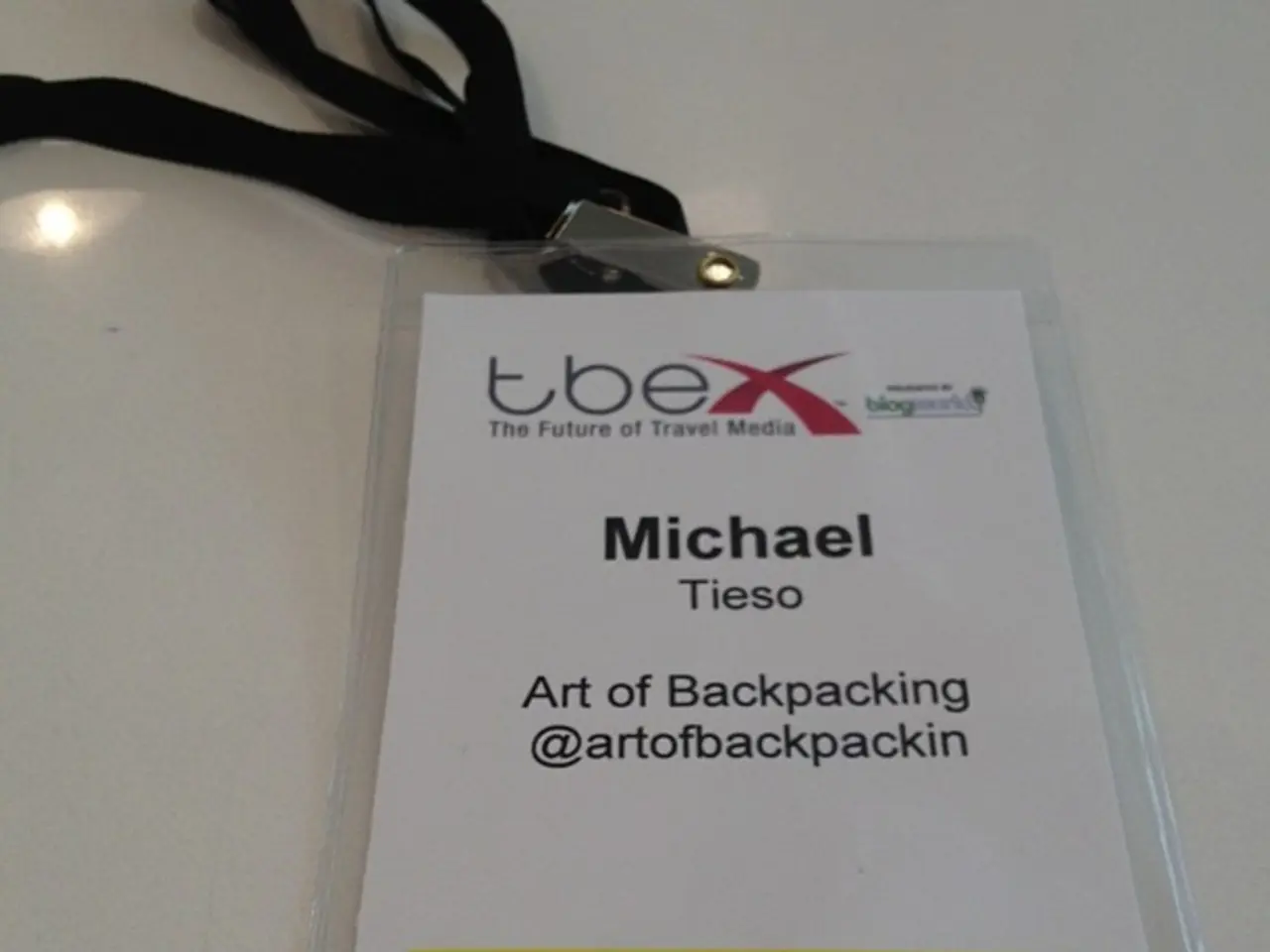Intense frustration and sorrow permeate Luanda due to the excessive living expenses
In the heart of Luanda, Angola's capital, a wave of unrest has swept through the city streets. The protests, sparked by demonstrations against rising living costs, have resulted in violent clashes with the police, leaving multiple deaths and numerous injuries in their wake.
The young population of the city has been at the forefront of these protests, their frustration boiling over as they grapple with the impact of high inflation and eroded household living conditions. The recent increase in diesel prices by a third this month in Angola has been a significant contributing factor to the ongoing protests.
The authorities have responded with force, using tear gas and shots fired into the air to disperse the crowds. Over 100 people have been arrested, and videos and photos show street blockades, burning tires, damaged vehicles and buses, and looting of supermarkets.
Amidst this turmoil, President João Lourenço has emphasized the fight against corruption in public offices. He was reelected president of the presidential republic in 2022, and his cooperation with the International Monetary Fund (IMF) indicates a commitment to addressing the economic challenges facing the nation.
However, the economy of Angola, despite showing modest growth, remains fragile. The country is heavily reliant on hydrocarbons, with about 50% of GDP and 90% of exports coming from oil. This dependence, combined with high fuel prices and significant government debt service obligations to foreign creditors, has placed a significant burden on the population.
The government budget expanded significantly in 2025, reflecting a 40% increase from the previous year, indicating heightened fiscal demands that include debt servicing. The country faces financial vulnerabilities tied to substantial public debt and reliance on foreign creditors, amid delays in disbursement of pledged international aid.
These factors imply ongoing pressure from debt service to foreign creditors, which constrains fiscal space for social and economic programs. In an effort to alleviate some of this pressure, the government has made attempts to contain fuel prices and import costs, as evidenced by the decrease in refined fuel imports in 2024.
Despite these efforts, inflation remains high, with reported annual inflation rates around 27.5% to 28.2% in 2024 and early 2025. This high inflation, combined with a weak labor market, has kept poverty levels high at about 31%, with substantial inequality.
The conflict with internal political rivals ended in a ceasefire in 2002, but the MPLA, which has been continuously ruling Angola since independence 50 years ago, continues to face challenges in maintaining stability and addressing the economic concerns of its citizens. The last multi-party elections three years ago saw the MPLA win an absolute majority, albeit a narrow one.
In the midst of these protests, it is clear that the fight for a more equitable and sustainable future for Angola's people is far from over. Structural reforms, diversification efforts, and financial inclusion are necessary to achieve sustainable broad-based growth and reduce poverty.
One symbol of the daily struggle for many residents of Luanda is the blue-and-white Candongueiros, nine-seater minibuses that serve as a vital mode of transportation. Taxi drivers have been on strike since Monday against high fuel prices, adding another layer of complexity to the already tense situation.
As the dust settles from these recent events, it is hoped that the government will take decisive action to address the root causes of the unrest and work towards a more prosperous future for all Angolans.
[1] World Bank. (2025). Angola Economic Update, June 2025. [Online]. Available: https://www.worldbank.org/en/country/angola/publication/angola-economic-update-june-2025
[2] International Monetary Fund. (2025). Angola: 2025 Article IV Consultation-Selected Issues. [Online]. Available: https://www.imf.org/en/Publications/CR/Issues/2025/06/30/Angola-2025-Article-IV-Consultation-Selected-Issues-49658
[3] United Nations Development Programme. (2025). Human Development Report 2025. [Online]. Available: https://hdr.undp.org/en/2025-report
[4] African Development Bank. (2025). Angola Country Strategy Paper 2025-2029. [Online]. Available: https://www.afdb.org/en/countries/southern-africa/angola/angola-country-strategy-paper-2025-2029
- The ongoing protests in Luanda's streets, rooted in rising living costs and high inflation, have shed light on the need for comprehensive structural reforms and financial inclusion to achieve sustainable growth and reduce poverty.
- The current political landscape, marked by a heavily oil-reliant economy and the continuous rule of the MPLA, necessitates concerted efforts to address economic concerns, tackle corruption, and strive for a more equitable future for Angola's citizens.





